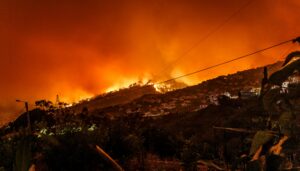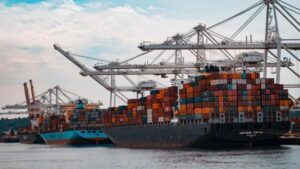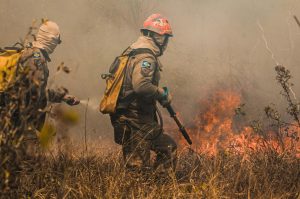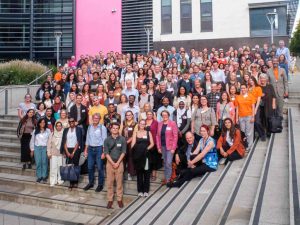Waveney Valley has set the bar for education settings around the country by bringing together local schools, partners, and community leaders for a day of collaboration and committing to climate action goals.
On Monday 7 July 2025, Adrian Ramsay, MP for Waveney Valley, gave the opening address at the Waveney Valley Sustainability Education Alliance (WaveSEA) event in Brockdish, South Norfolk.
This pioneering initiative aims to make Waveney Valley the first constituency in the UK where every education setting works together to create a robust Climate Action Plan (CAP) and allocate a Sustainability Lead by the end of 2025, as required by the Department for Education (DfE).
The event was led by Kit Marie Rackley, East Regional Hub Manager for Climate Ambassadors (based at the Tyndall Centre for Climate Change Research at the University of East Anglia), and backed by the DfE-funded National Education Nature Park and Climate Ambassadors Scheme, with partners Let’s Go Zero.
Around 60 educators, sustainability leads, and environmental organisations from across the region, including 36 education settings, 10 trusts, 15 partner organisation, and 4 local authorities, came together on the day – all on a mission to embed climate resilience in their area.
Waveney Valley: a pilot for national rollout
Global temperatures are already 1.2C above those seen between 1850 and 1900. When classrooms get too hot, it can make it harder for students to learn.
According to analysis provided to the DfE, schools in England are losing an average of 6.7 extra days of learning per year due to increasing temperatures. The same study says this could rise to 11.4 days by 2100.
As well as the issue of heat, some Met Office projections see Waveney Valley’s summer rainfall dropping by 25 per cent by the end of the century, increasing drought risk for farms and gardens. Winter rainfall could rise by 13 per cent, raising flood risks, and extreme heat and wildfire danger will become more common.
These changes to the climate will affect how people live, work, and farm in the Waveney Valley – a low-lying area already vulnerable to climate impacts, especially river flooding.
With a change in climate patterns and more frequent extreme weather events, the risks are ever-growing – but so are the opportunities to adapt and build resilience.
Adrian Ramsay, Green Party MP for Waveney Valley, who spoke at the event, said:
“Climate education is vital for our children to understand a changing world and their role in shaping it. Schools must be equipped with energy-efficient infrastructure, renewable energy, and well-funded support. WaveSEA unlocks this potential by uniting educators, experts, and policymakers.”
“Dull dynamite” tasks for schools
As well as expert workshops on biodiversity mapping, climate emotional literacy, and renewable energy solutions, attendees at the WaveSEA event received a climate action plan “passport” of key takeaways and “dull dynamite” ideas: what National Education Nature Park’s Jenna Gilmour called “simple tasks that really pack a punch in making education settings more sustainable”.
These include setting up a sustainability working group that includes a school’s PTA and learning to adjusting a school’s Building Management System/Building Energy Management System, so it uses energy more efficiently.
Let’s Go Zero’s Nige Stannett added:
“Many staff in schools feel that they can make little impact when it comes to climate change, but lots of little actions really add up and ripple out across their communities.”
Plans are now underway to use the Climate Ambassador scheme to build a network of similar collaborative community action between education settings in constituencies around the country.






